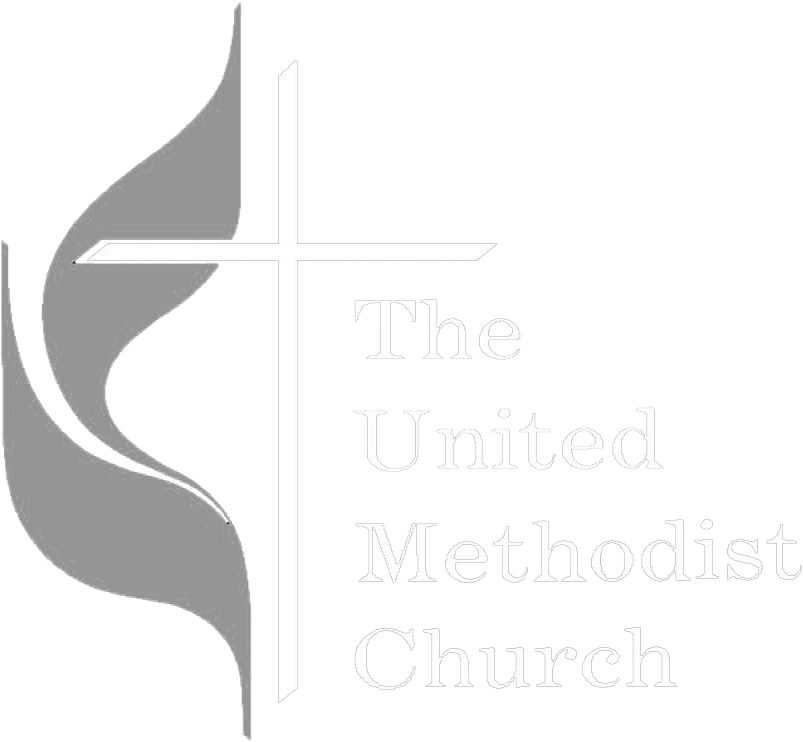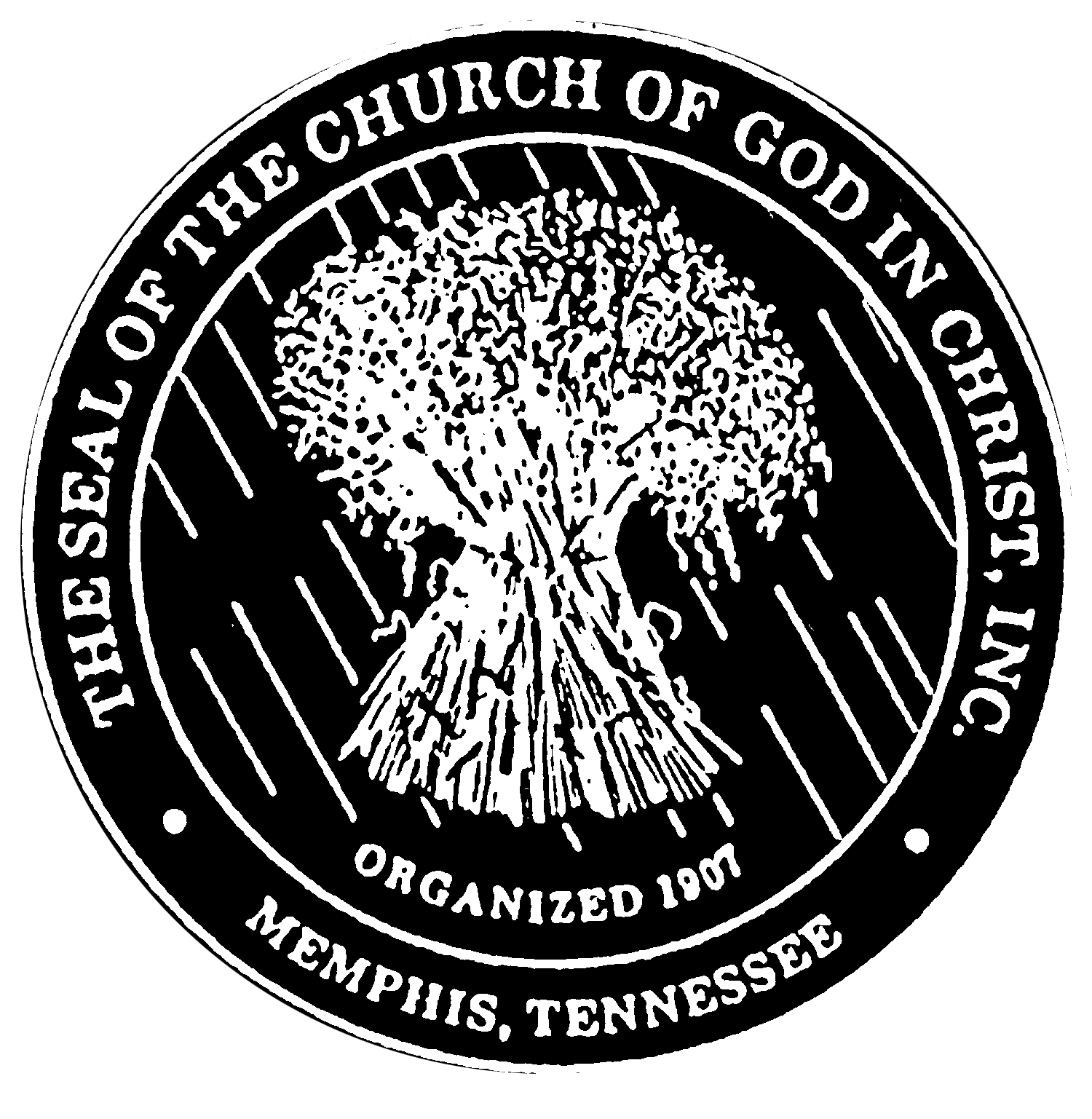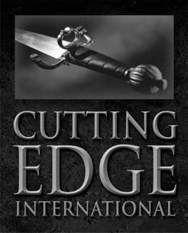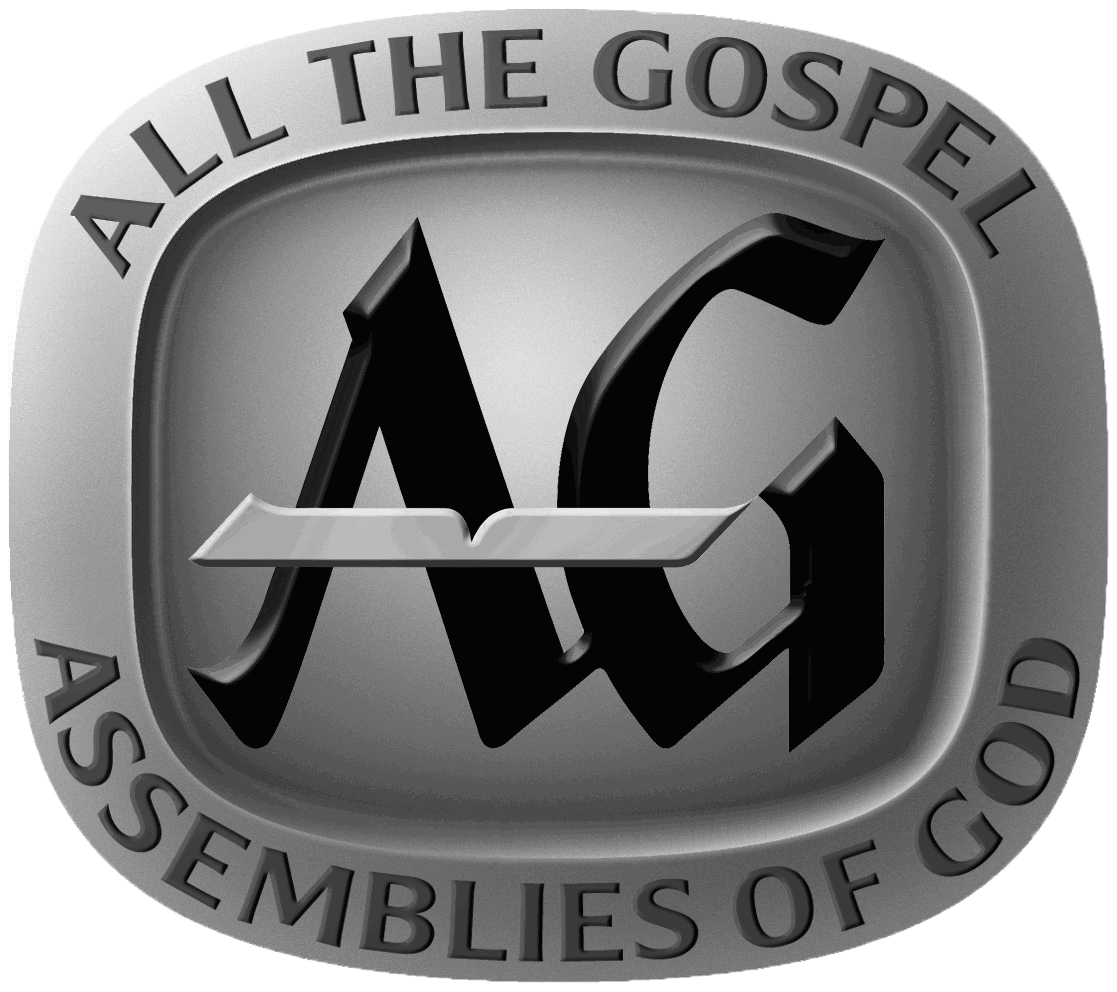he Apostates Of the 21st Century: Jude series #9

At the time that Jude was written in the early history of the church, apostates were already on the scene. In verse 4 he says, “For there are certain men.” They are already present. They are present today. Apostates exist today in Christendom. Apostates are in churches. Some are occupying pulpits; others are teaching in various ministries of the church. Some are in Christian institutions of learning, occupying professorships and chairs of religion. Some are in denominations.
 The apostates were on the scene in the New Testament era, and they are on the scene in the 21st century. At times, it is hard sometimes to detect apostates. Jude says in verse 4, “For there are certain men crept in unawares.” That is, they slip in and they are hard to detect. God has given us a book which helps us to detect them.
The apostates were on the scene in the New Testament era, and they are on the scene in the 21st century. At times, it is hard sometimes to detect apostates. Jude says in verse 4, “For there are certain men crept in unawares.” That is, they slip in and they are hard to detect. God has given us a book which helps us to detect them.
The Holy Spirit, in the book of Jude, has given to us a series of pictures so that when we see these kinds of things we will be able to detect the apostates and be warned of their presence and their damning work. We are going to better learn who apostates are by the pictures Jude gives from Scripture and from nature.
In Jude verse 11, we read, “Woe unto them.” The word “woe” is a word of judgment. It’s a word of impending doom. There is sorrow and grief in this word. It is used frequently in the Old Testament, especially by the prophets Isaiah and Jeremiah. They would use this word, as a wail of lamentation, against the false apostates in the Old Testament.
Woe also occurs frequently in the book of the Revelation. In the book of Revelation, woe depicts the final ages on the earth. The Lord Jesus used this word. In Matthew 23, Jesus Christ gives seven woes as He states the changes on the Pharisees and hypocrites of His day.
I can imagine when the conclusion of Matthew 23 comes and Jesus says, “O, Jerusalem, Jerusalem,” that there will be tears running down the face of our Lord as He has to speak the truth about the apostates of His day, and gives to them what God says, “Woe unto them.”
In verse 11 there are three pictures from the Scripture that provide us further insight about apostates.
I. We Need To Be Alarmed By False Prophets
 Jude states, “And ran greedily after the error of Balaam.” The account of Balaam is given to us in the book of Numbers chapters 22-24. Balaam was that prophet whom the King of Moab went to when the children of Israel were passing through their land. He wanted Balaam, the prophet, to curse the Israelites. Balaam went before the Lord and was offered a good amount of money. In other words, he was a preacher for hire. God said to him, “No, you can’t curse the Israelites. You can’t curse those whom I have blessed.”
Jude states, “And ran greedily after the error of Balaam.” The account of Balaam is given to us in the book of Numbers chapters 22-24. Balaam was that prophet whom the King of Moab went to when the children of Israel were passing through their land. He wanted Balaam, the prophet, to curse the Israelites. Balaam went before the Lord and was offered a good amount of money. In other words, he was a preacher for hire. God said to him, “No, you can’t curse the Israelites. You can’t curse those whom I have blessed.”
God has pronounced blessing upon the nation of Israel. God has said, “Blessed are those who bless them and cursed are those who curse them.” God would not let him curse Israel. Balaam had his eyes on the money, and he went back and asked the Lord again and the Lord wouldn’t let him do it again.
As you may recall, Balaam’s mule talked to him. God who created all of human life and all of animal life can make a mule talk to try to get some sense into a foolish prophet. Balaam was not able to curse the children of Israel, but he came upon a plan. He said, “I’ll tell you what we’ll do that will mess up the children of Israel. We’ll get the Moabite women to seduce the Israelites and cause them to commit fornication.” And that is exactly what happened. We can read about this in Revelation 2:14.
What is the apostate departure that he is dealing with in this picture? He is dealing with the fact that the apostates also depart from the truth of separation. God expects His children to be separate. God expects His children to live a different life. You are called unto a higher standard. Yet, apostates say that it’s alright to sin.
Even today there are those who say, “You are saved by grace; it doesn’t matter how you live.” Everything is not alright. There are some things that are condemned in Scripture that God says, don’t do. But the error of Balaam for reward is the departure from the doctrine of sanctification or separation.
We now continue in verse 11 with, “And they perished in the rebellion of Korah.” Korah’s account is found in Numbers 16. Korah was one of those men in the children of Israel who rebelled against the leadership of Moses. Korah decided that he was tired of Moses being the spiritual leader and he basically took the approach, “Well, who does Moses think he is to speak for God? We have just as much right to speak for God as Moses does. All the people are holy. Why should we have to follow the leadership of Moses and his brother Aaron?”
Moses was God’s prophet and Aaron was God’s priest. But Korah was an apostate. Korah was a rebel against the authority God had established in His people. It is departure from the truth of submission and the truth of serving the Lord.
Do you remember what happened to Korah? Moses said, “We are going to have a little contest and see who is on the Lord’s side and who is not. Everybody who is on the Lord’s side, you come over here. Those of you who are on Korah’s side, you go over there.”
The Scriptures said, there stood Korah and his group of rebels. Moses said, “God is going to do a new thing. Something that’s never happened before. If I’m God’s appointed leader, if I’m God’s source of authority for the children of Israel, then the Lord will open up the earth.” God opened up the earth in an earthquake and Korah and all of those who sided with him were destroyed and perished in the rebellion of Korah.
By the way, the children of Korah never forgot the lesson of submission to authority and service unto the Lord. You will read these words in Psalm 84:10, written by one of the sons of Korah, “I had rather be a doorkeeper in the house of my God, than to dwell in the tents of wickedness.” They had come to understand the importance of service unto the Lord and submission to leadership. However, rebellious apostates have a woe pronounced on them because God says they depart from submission.
II. We Need To Be Aware Of The Fake Pictures
 The world of nature is an illustration book. God has given us this wonderful world of nature for many purposes, but one is to provide illustrations of spiritual truth. All around you in the world of nature God has pictures of spiritual truth. This is the reason why Jesus talked so much in pictures. Jesus would take a seed and say, “Do you see that seed going into the soil and a plant springing up? That seed is like the Word of God, planted in the human heart.”
The world of nature is an illustration book. God has given us this wonderful world of nature for many purposes, but one is to provide illustrations of spiritual truth. All around you in the world of nature God has pictures of spiritual truth. This is the reason why Jesus talked so much in pictures. Jesus would take a seed and say, “Do you see that seed going into the soil and a plant springing up? That seed is like the Word of God, planted in the human heart.”
Then Jesus would point to the birds and say, “Not one of those birds falls to the ground without the heavenly Father’s eyes being upon it.” He says that is exactly the way it is with you and me. God’s eyes are on you and me all the time.
Jude gives us five vivid pictures from nature to describe and identify the apostates for us. The point of these five pictures is that apostates can’t help you.
In Jude 12, we find the first nature picture with, “These are spots in your feasts of love, when they feast with you, feeding themselves without fear.” In the New Testament one of the things the early church had in its inception is what they call love feasts. These were similar to what we would call our fellowships. It was a time of fellowship, a time when they would gather together and enjoy one another.
However, eventually, they discontinued those love feasts because they degenerated into places of drunkenness and immorality. One of the reasons they did was because of the influence of these apostates. He calls these apostates, “spots.” The word, spots, would be better translated, hidden rocks. He’s talking about the danger of the apostates. An apostate can destroy the fellowship of a church. An apostate can cause great division among God’s people. He says they are like hidden rocks in your love feasts.
The second picture is found with, “They are clouds without water.” He’s talking here about the disappointment of the apostates. A cloud gives promise of rain. Farmers know what it is to go through times of drought. Their crops are in the field, dry and parched, and they are going to lose the crops because they desperately need water.
When farmers see clouds on the horizon, they get their hopes up because they think there will be some rain. Yet, the clouds just float on by and there’s no rain there. What a disappointment!
Jude says that is exactly the way apostate doctrine is. Apostates promise a lot, but they don’t produce anything. They look good; they’re fluffy. They promise so very much. But they don’t produce. Apostate doctrine is like a cloud without water.
The third picture from nature is, “Trees whose fruit withered, without fruit, twice dead, plucked up by the roots.” He’s talking about the destitution of apostates and their teaching. He says they are just like an old, dead tree and the fruit on it is withered up. Here’s a tree that was expected to bear fruit, but it didn’t. The test of a tree is the fruit of that tree. Jesus said, “Ye shall know them by their fruits.” What kind of fruit do they produce? The apostates always have no fruit.
It’s interesting when you listen to a lot of apostate doctrine and apostate teachers. They do not give a clear-cut presentation of salvation. They’ll talk about all kinds of other things. But the simple gospel of how a lost sinner can be saved and go to heaven when they die is often missing from their message.
Jude says they are like trees twice dead, plucked up by the roots. They are fruitless because they are rootless. They have no vital connection with the Lord Jesus Christ.
The fourth picture is found in verse 13, “Raging waves of the sea, foaming out their own shame.” In other words, “Like the dirty foam left along the beach by the wild waves.” It is the picture of the ocean and the waves as they bring up all of the filth and the slim and the foam and deposit it on the beach. He’s talking about the absolute dissipation of the apostates. It is a picture of how apostates belch up from their inner life the filth, scum, and shame of a wicked, immoral life.
The fifth nature picture is found in, “Wandering stars, to whom is reserved the blackness of darkness forever.” This is a picture of shooting stars. The Bible says the stars all have names. God has names for all those innumerable stars. And the stars have their orbits. Yet, every so often we can see a shooting star.
The shooting star is brilliant for a moment; then it’s gone. He says apostates are like shooting stars. He’s talking about the destiny of apostates. Apostates never want to be in orbit. They never want to be in any kind of system. They want to go their own way like the way of Cain. They may look good for a while, but they are here and they’re gone. Jude says, “They are reserved for the blackness of darkness forever.”
I believe this verse is one of the most frightening statements about hell in all of the Bible. The Bible presents hell as a place of outer darkness. Somebody says, “If I go to hell, I’ll have a lot of friends down there.” You won’t talk to your friends in hell. You aren’t going to be able to see your friends in hell. You are going to be in outer darkness.
The Bible presents hell as a bottomless pit. Have you ever thought about falling and falling and falling and never landing? The lost person is a like a star out of orbit, headed for the black hole. We must not hitch our wagon to a falling star.
Jesus, in the Bible, is called the Bright and the Morning Star. The good news is you don’t have to fall for the falling stars of the apostates. You can hook your life to the Bright and Morning Star, the Lord Jesus. The good news is that He’ll make a star out of you. The Bible says, “They that turn many to righteousness shall shine as the stars forever” (Daniel 12:3).



























